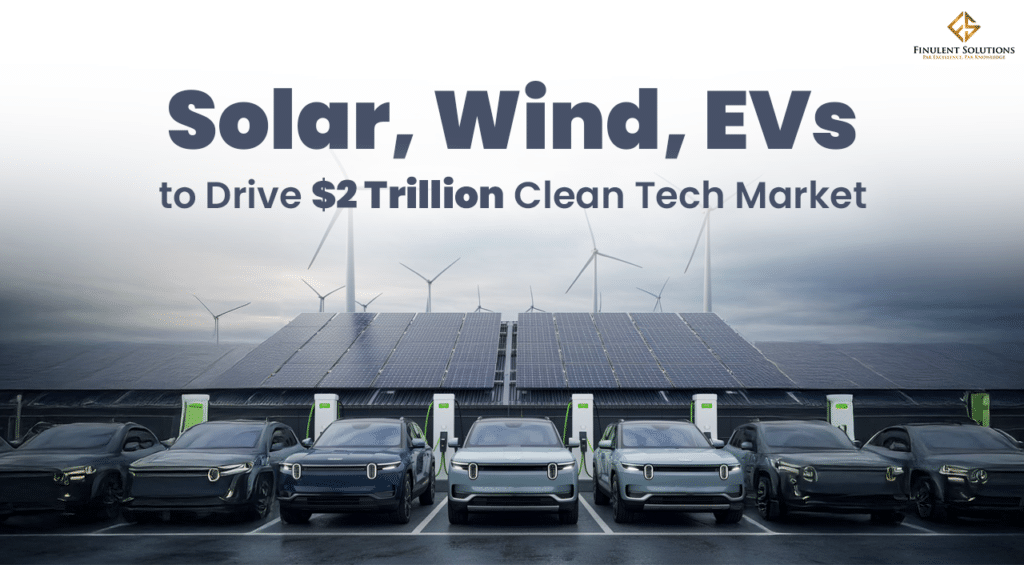As per the latest report by the International Energy Agency (IEA) Energy Technology Perspectives (ETP-2024), the global market for clean energy is projected to grow from USD 700 billion in 2023 to over USD 2 trillion by 2025. The impressive clean tech trade growth will almost equal the value of the world’s crude oil market.
The usual trade in clean tech, which includes Solar PV, Wind Turbines, Electric Cars, and Batteries, is expected to reach USD 570 billion in the next decade, surpassing the global trade in natural gas by more than 50%.
IEA Executive Director, Fatih Barol, stated, “The market for clean technologies is set to multiply in value, increasingly catching up with fossil fuel markets. Clean Energy Transitions present a major economic opportunity, and countries are rightly seeking to capitalize on that.” highlighting the importance of policies that promote opportunities, competition, innovation, and cost reduction to align with energy and climate goals.


As per Energy Technology Perspectives (ETP-2024), China, the EU, the US, and India are prominent players, with China being the leading country with exports forecast to exceed USD 340 billion by 2035, which is close to this year’s oil export revenue for Saudi Arabia and the UAE combined.
Barol also commented, “Growth in the manufacturing and trade of clean energy technologies should be for the benefit of many economies, not just a few. This report shows that countries in Southeast Asia, Latin America, Africa, and beyond have strong potential to play important roles in the new energy economy. The report also states that with sound strategic partnerships, increased investment, and greater efforts to bring down high financing costs, they can achieve this potential.” Emerging markets in Southeast Asia and Latin America currently account for less than 5% of clean tech production value but hold prominent potential.
As per the report, Southeast Asia could be one of the leading producers of solar components. Brazil has shown potential to scale wind turbine manufacturing hubs, and North Africa could develop electric vehicle manufacturing hub, while sub-Saharan Africa shows potential with low-emission iron production using hydrogen.
ETP-2024 concludes that the shift from fossil fuel imports to clean energy imports will enhance energy security as clean tech requires frequent replenishment.
Source:
Power Engineering International
ET Energy World
Energy Technology Perspectives 2024

